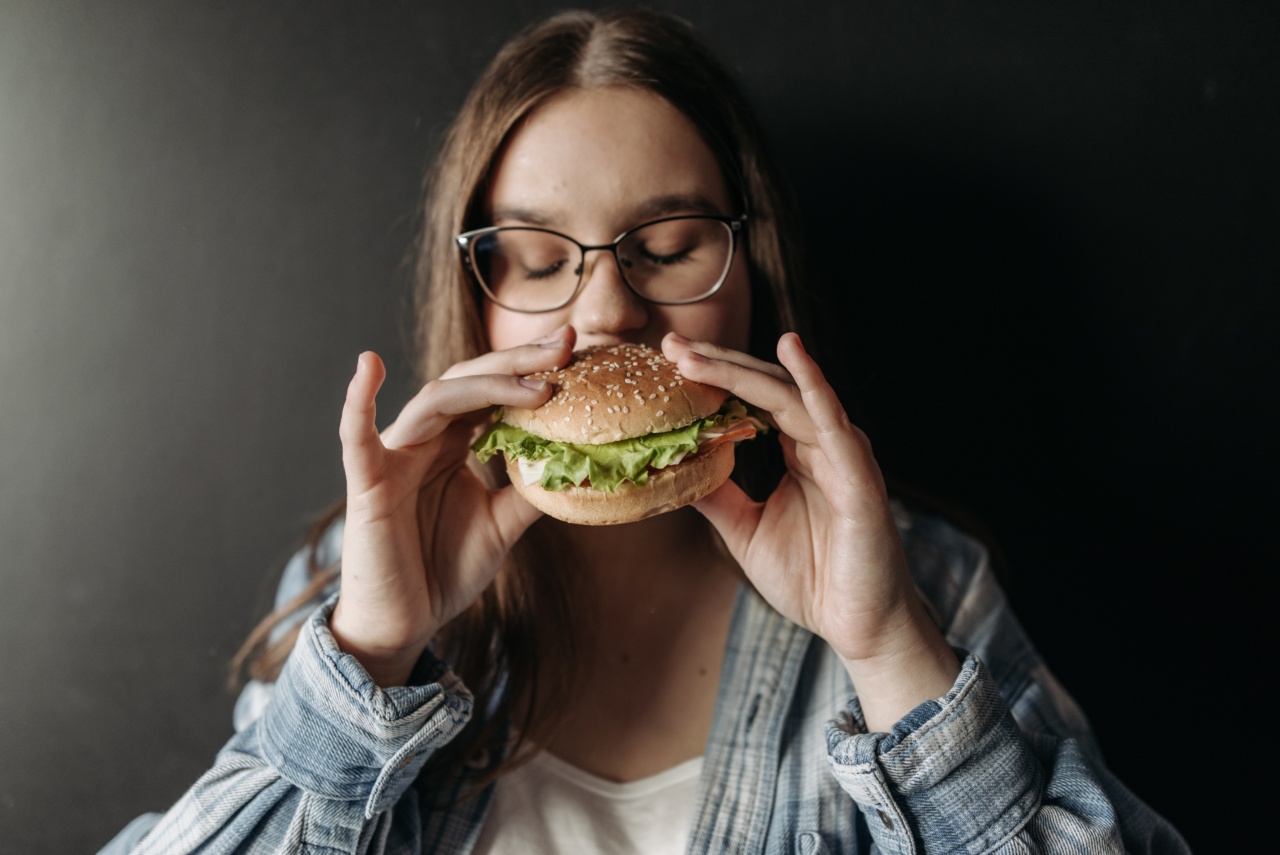Have you ever grown frustrated while looking in the mirror and wondering why you seem to have gained weight when your eating habits are consistent?.
Calories are the primary factor that determines your weight. If you consume more calories than you burn in a day, you will gain weight. Conversely, if you burn more calories than you consume, you will lose weight.
While it is common knowledge, what is not well-known is the fact that there are several other possible factors contributing to your weight gain that are not solely focused on the number of calories you consume.
1. Hormonal Imbalance
Various hormonal imbalances can cause weight gain, even if you have not changed your eating habits. These hormonal fluctuations can often be found in women who are pregnant or undergoing menopause.
During menopause, the body reduces its production of estrogen, facilitating fat accumulation.
The primary hormones that affect your weight are insulin, cortisol, and leptin. Insulin functions to lower your blood sugar levels, increasing the amount of fat you store.
Cortisol is your body’s stress hormone, which encourages you to accumulate fat around your midsection. Finally, leptin is responsible for regulating food intake, hunger, and metabolism. If you have insulin resistance, leptin resistance, or high cortisol levels, your weight can gradually increase over time.
2. Lack of Sleep
Insufficient sleep can negatively affect your health, including by promoting weight gain. Leptin and ghrelin, the hormones responsible for hunger, are significantly impacted by sleep deprivation.
Ghrelin is responsible for stimulating your appetite and increasing your calorie intake. Leptin, in contrast, is responsible for suppressing your appetite and sending signals to your brain that your body is full. Adequate sleep is essential to ensure that these hormones function correctly.
3. Stress
Stress is a natural biological response to various events, whether physical or emotional. While it is beneficial in the short term, it can lead to significant health problems, including weight gain, if it persists in the long run.
Prolonged stress leads to increased cortisol production, causing fat accumulation in your body.
4. Dehydration
Water intake is closely related to your body’s natural energy levels, metabolism, and general health. Dehydration typically occurs when insufficient fluid intake leads to a loss in body water.
Without adequate water intake, your body’s metabolic rate slows down, making it more challenging for your body to break down fats and carbohydrates. Moreover, your appetite signals can also weaken when you are dehydrated, leading to poor dietary choices and eventual weight gain.
5. Aging
Everyone experiences natural aging as they grow older. A decrease in muscle mass and metabolism occurs in most individuals as they age. These age-related changes reduce the body’s capacity to burn calories, resulting in a lower metabolic rate.
As a result, an older individual who consumes the same number of calories as they did when they were younger will often gain weight.
6. Medications
Medications can also cause weight gain under the guise of having no significant impact on calories. Certain medications result in water retention or increase insulin resistance, which can lead to weight gain.
Antidepressants and certain steroids are the most common types of medication that tend to cause weight gain. Consultation with your doctor is essential to ensure that you are aware of the side effects of any medication prescribed and any resulting changes in your diet, lifestyle, or weight that may occur.
7. Genetics
The role of genetics on weight gain is paramount. Some people have a higher genetic predisposition to weight gain than others, regardless of their eating habits.
These individuals are likely to gain weight more easily and experience more difficulty losing weight, even with intense exercise and dieting.
Conclusion
Weight gain despite no apparent changes in food intake or exercise can be very frustrating. However, as discussed in this article, weight gain can occur due to several factors besides the number of calories consumed.
Hormone imbalances, lack of sleep, dehydration, stress, medication, genetics, and aging can all contribute to weight gain. It is essential to understand these underlying causes to make appropriate dietary and lifestyle changes and seek medical assistance if necessary.































